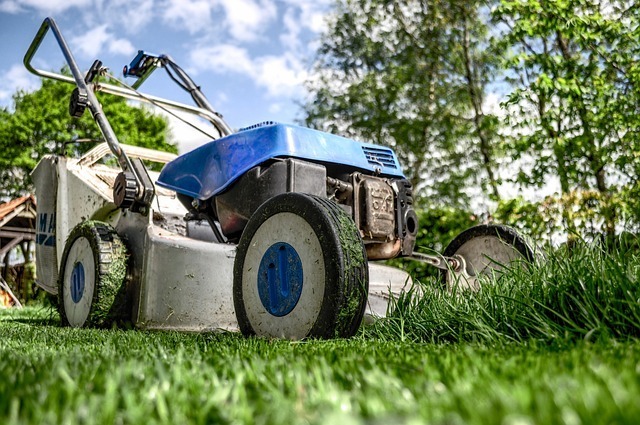Organic Gardening: Sustainable and Healthful Practices
Organic gardening is an increasingly popular way of growing plants that is both sustainable and healthful. It is a form of gardening that avoids the use of synthetic fertilizers, pesticides, and other chemicals, and instead relies on natural methods to produce healthy plants and crops. Organic gardening has become increasingly popular as people become more aware of the environmental and health benefits of using organic methods.
Benefits of Organic Gardening
Organic gardening has a number of benefits for both the environment and for human health. By avoiding the use of synthetic chemicals, organic gardening reduces the amount of pollutants and toxins that can be released into the environment. This can help to reduce water pollution and air pollution, as well as reducing the risk of contamination of food and water supplies.
Organic gardening also has a number of health benefits. By avoiding the use of synthetic chemicals, organic gardening can reduce the risk of exposure to potentially harmful chemicals. This can help to reduce the risk of some illnesses and diseases, as well as reducing the risk of some types of cancer. Organic gardening can also help to promote a healthier diet, as organic produce tends to be higher in nutrients than conventionally grown produce.
Organic Gardening Tip: Composting
One of the most important tips for organic gardening is to use compost. Compost is a natural fertilizer that is made from decomposed organic matter, such as leaves, grass clippings, and vegetable scraps. Compost is an excellent way to add nutrients to the soil, as well as providing an organic form of weed control.
Composting is relatively easy to do and can be done in a variety of ways. One popular method is to create a compost pile in your yard, where you can add organic matter and let it decompose. This process takes several months, but the end result is a nutrient-rich soil amendment that can be used to fertilize your plants.
Another popular method is to create a compost bin, which is a container that can be filled with organic matter and left to decompose. This method is much faster than creating a compost pile, and can be done indoors or outdoors.
Using Compost in the Garden
Once you have created your compost, it is important to use it in the garden. Compost can be added directly to the soil, or it can be used as a mulch to help retain moisture and reduce weeds. Compost can also be used to make compost tea, which is a liquid fertilizer that can be used to fertilize plants.
Compost is an important part of organic gardening, and it can help to create a healthier and more sustainable garden. By using compost, you can reduce the amount of synthetic fertilizers and pesticides that you need to use, while also providing your plants with essential nutrients.
Conclusion
Organic gardening is an increasingly popular way of growing plants that is both sustainable and healthful. By avoiding the use of synthetic fertilizers, pesticides, and other chemicals, organic gardening can help to reduce the amount of pollutants and toxins that can be released into the environment. It can also help to promote a healthier diet, as organic produce tends to be higher in nutrients than conventionally grown produce. One of the most important tips for organic gardening is to use compost, which is a natural fertilizer that is made from decomposed organic matter. Compost can be used to add nutrients to the soil, as well as providing an organic form of weed control. By using compost, you can reduce the amount of synthetic fertilizers and pesticides that you need to use, while also providing your plants with essential nutrients.

